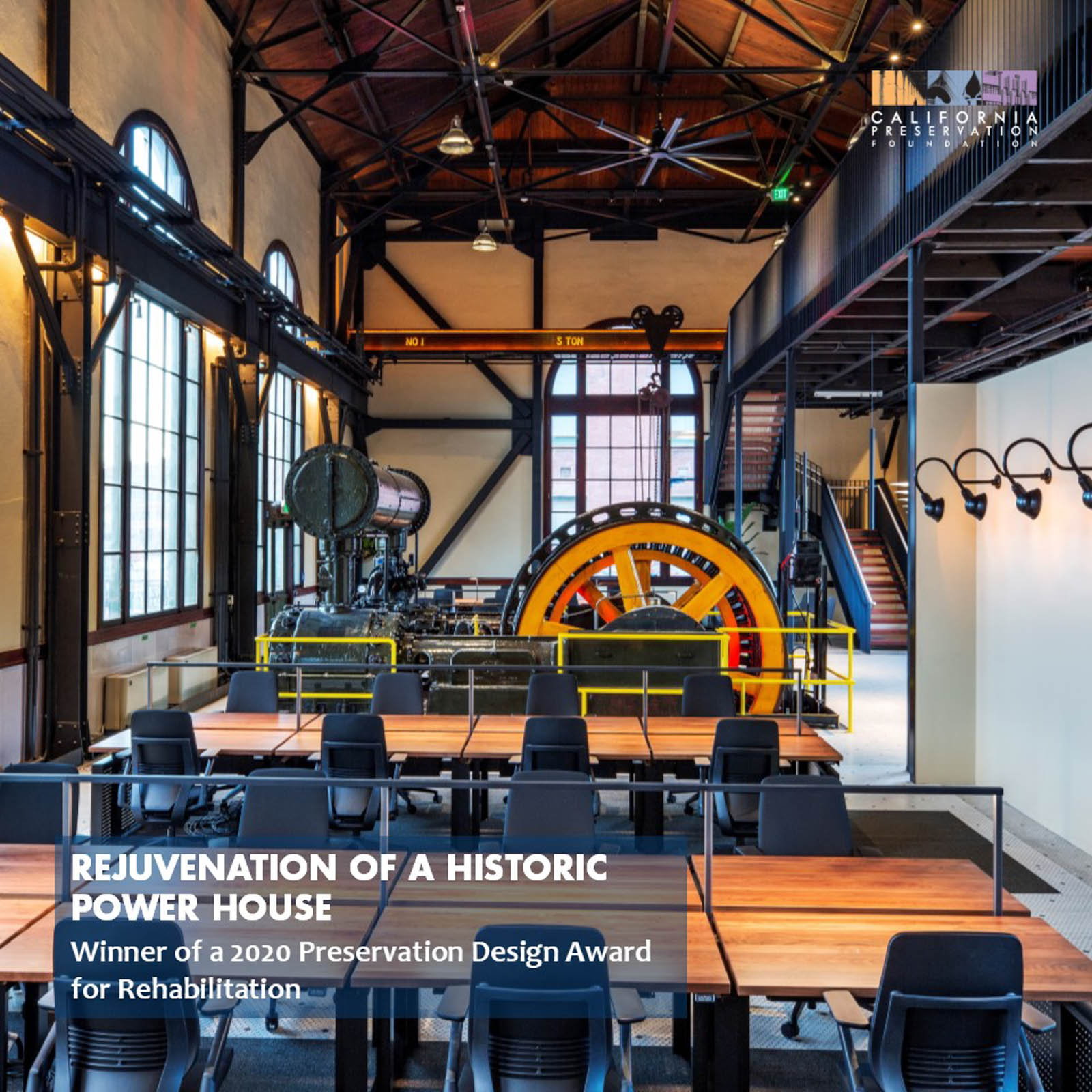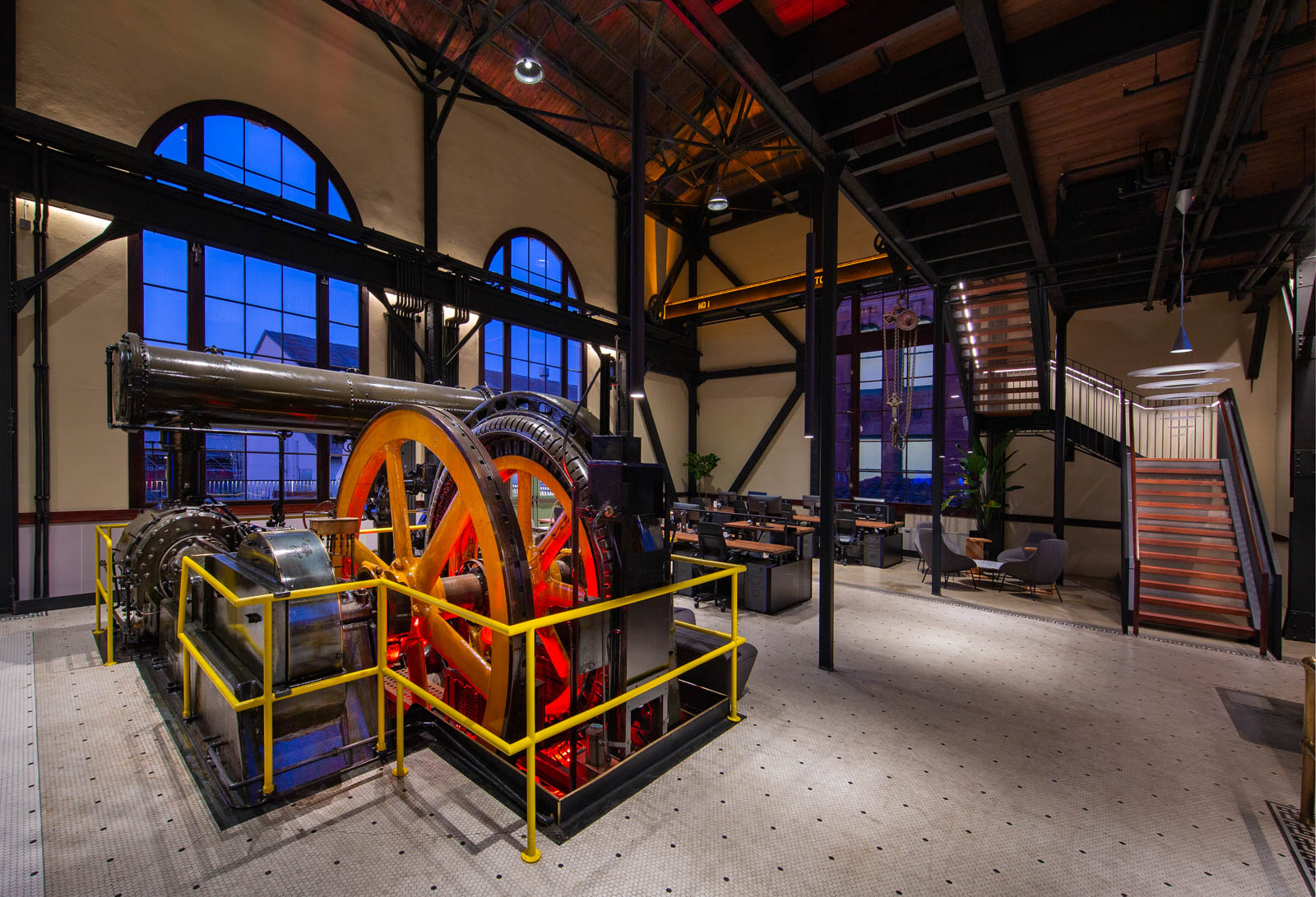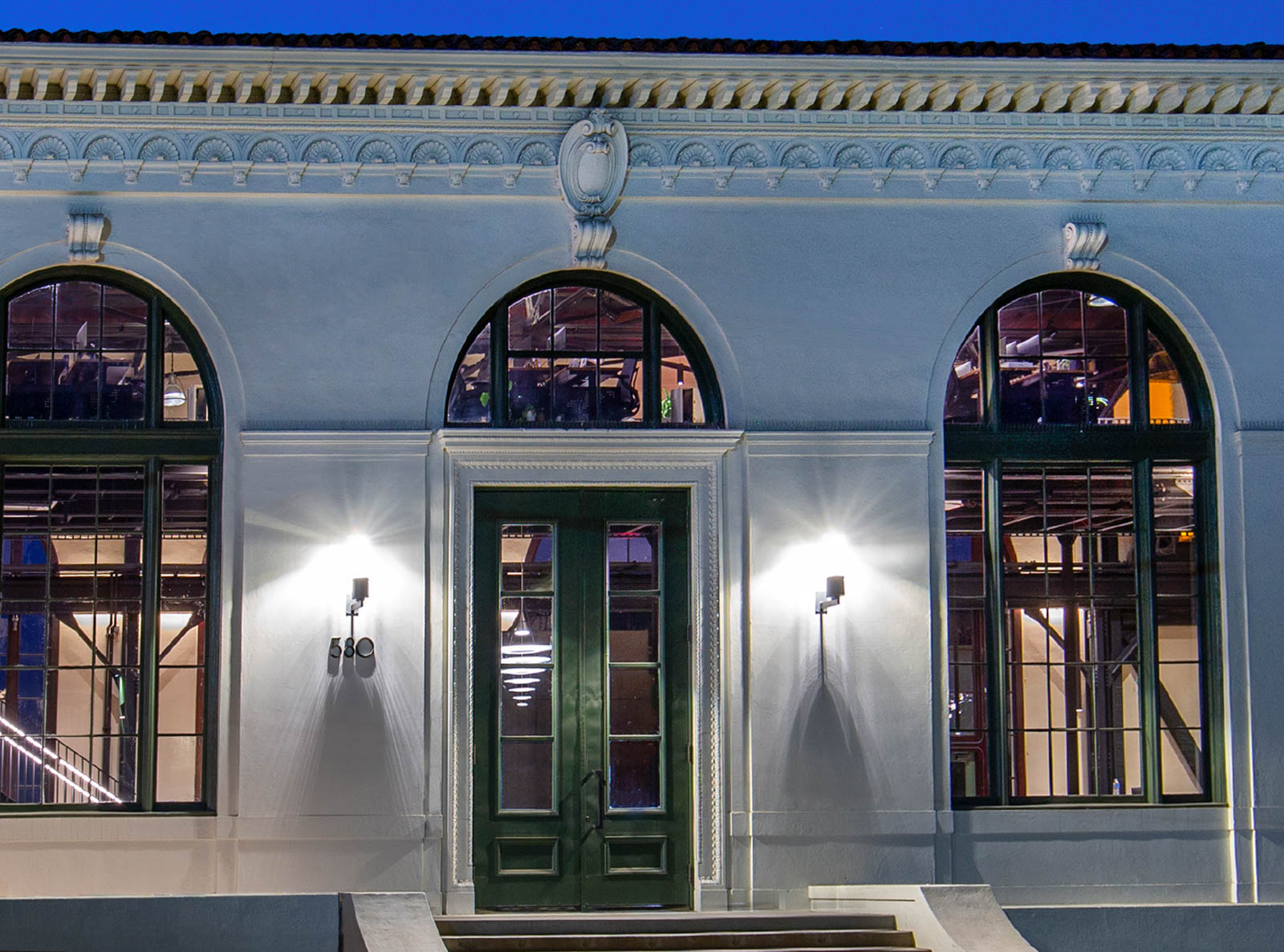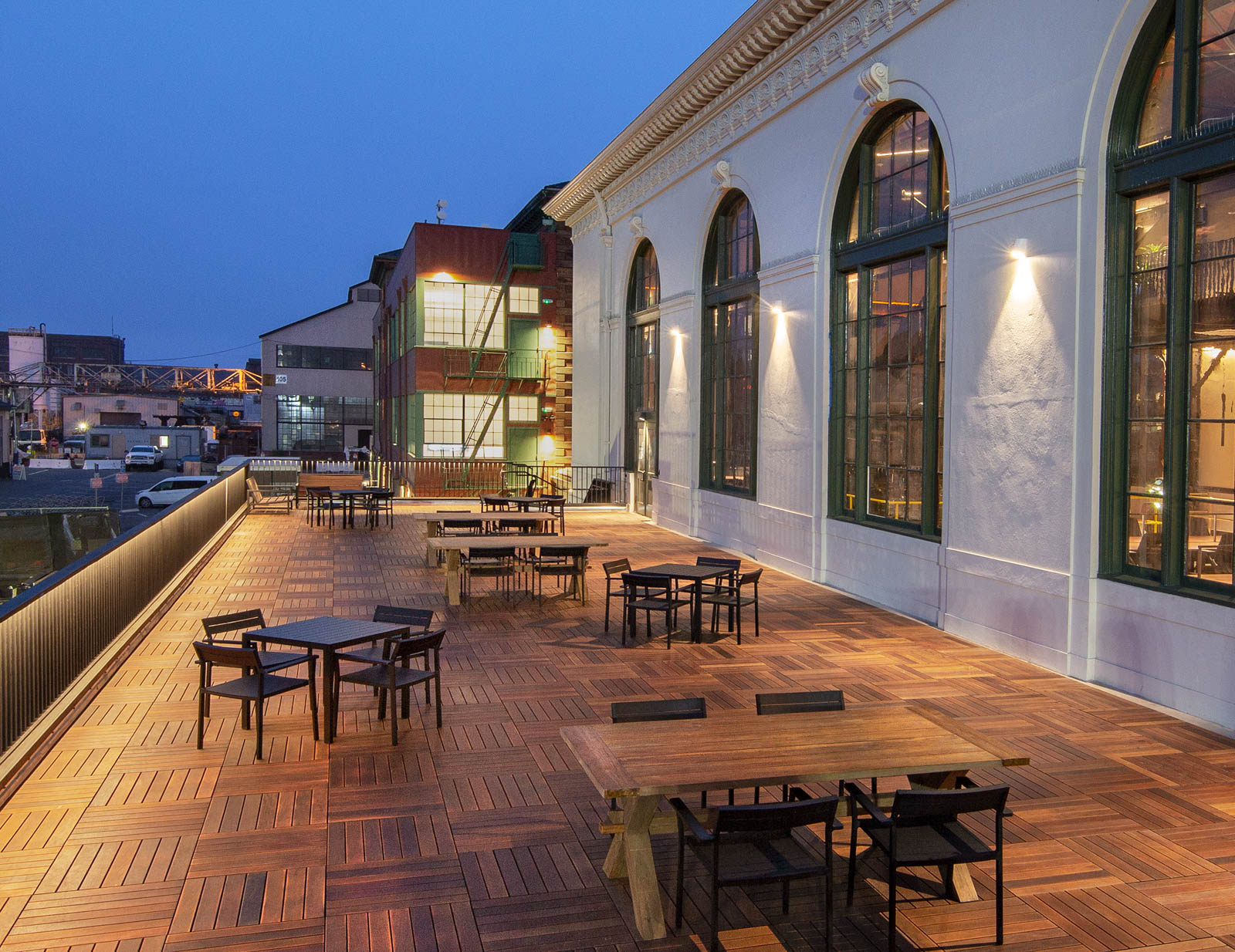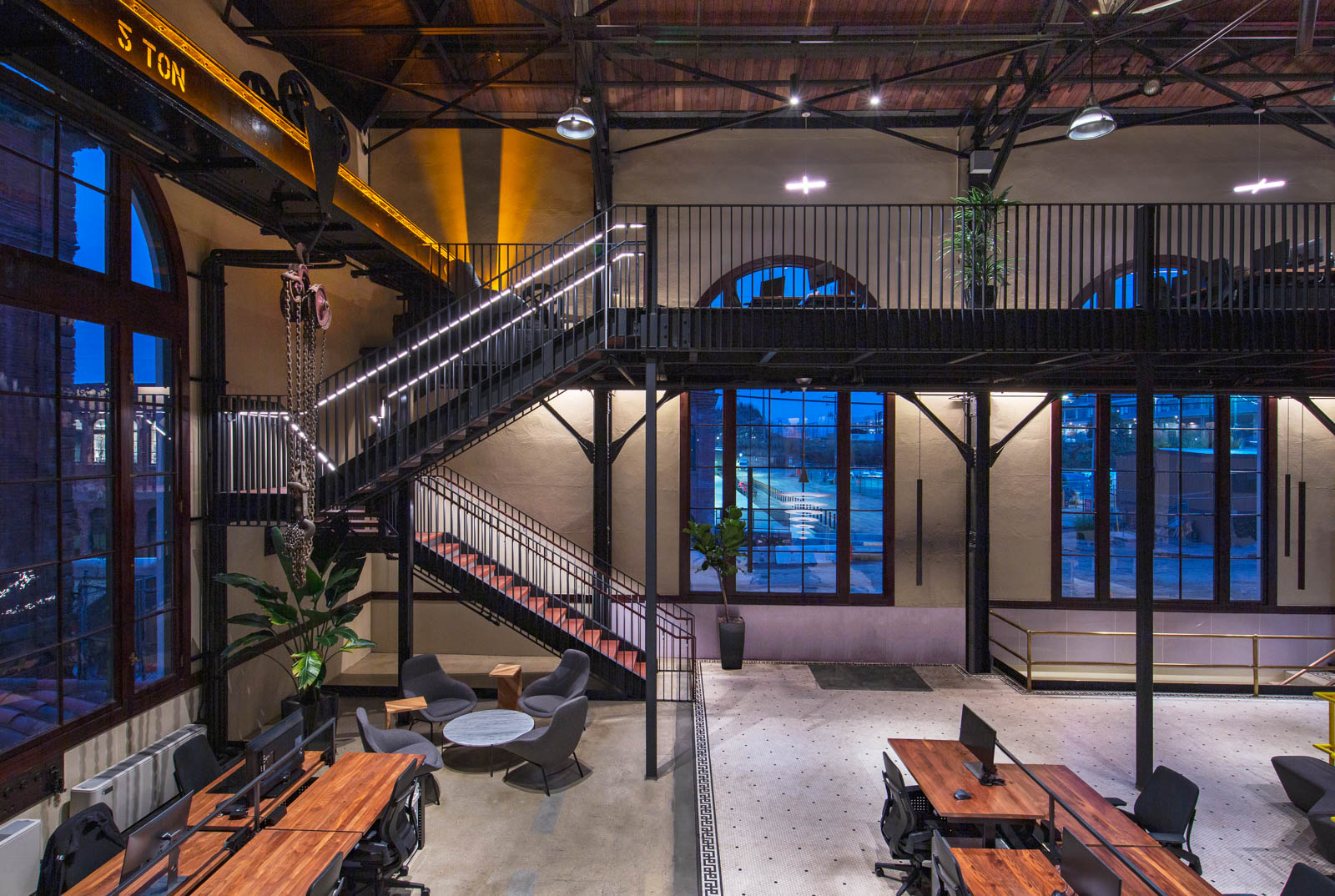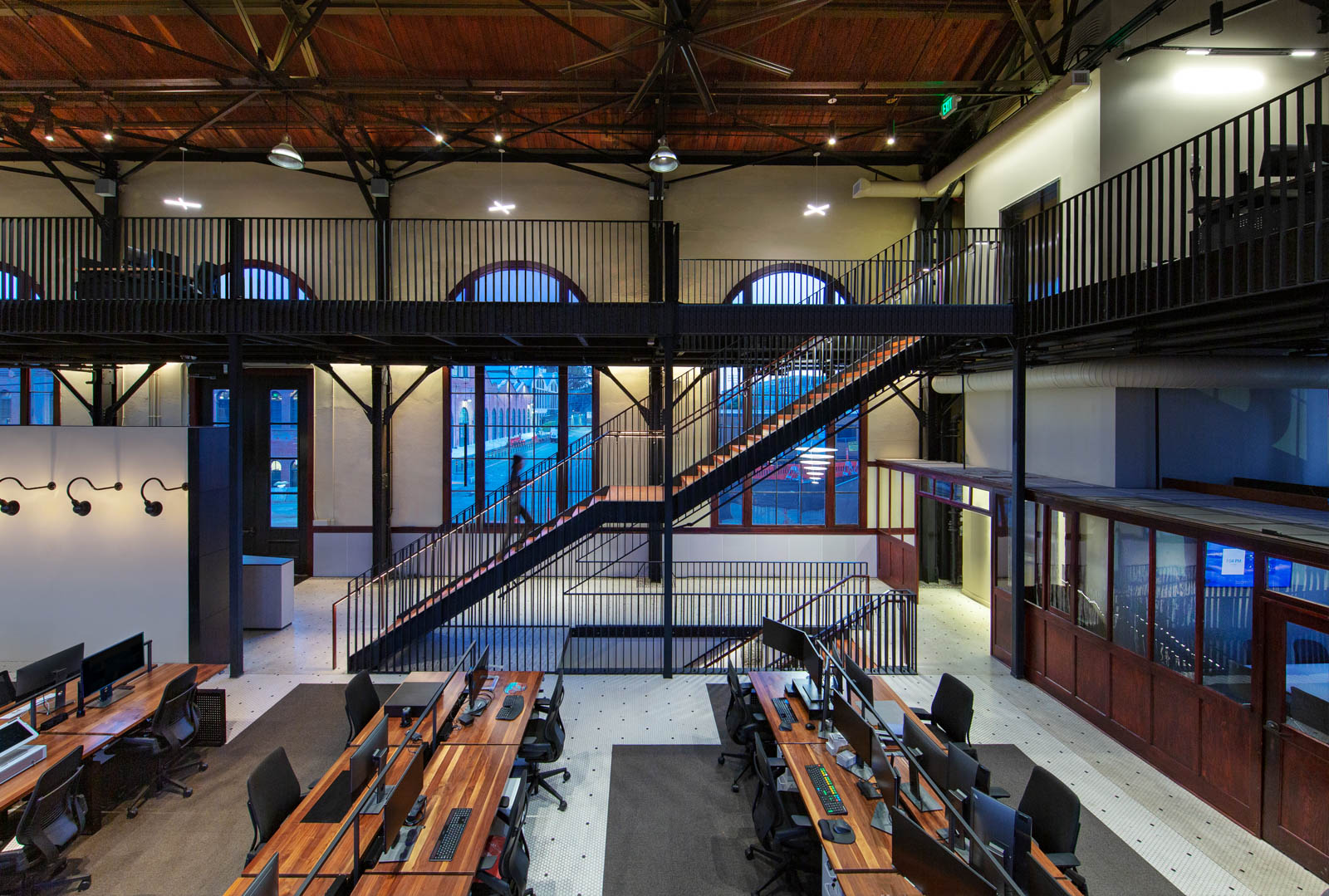About CPF and the Awards
The California Preservation Awards are a statewide hallmark, showcasing the best in historic preservation. The awards ceremony includes the presentation of the Preservation Design Awards and the President’s Awards, bringing together hundreds of people each year to share and celebrate excellence in preservation.
The California Preservation Foundation (CPF), a 501c3 nonprofit, was incorporated in 1978. We now support a national network of more than 36,000 members and supporters. Click here to learn how you can become a member.
Project Team
Project Lead & Principal Conservator
Marcy Wong – Marcy Wong Donn Logan Architects
Project Managing Architect
Kent Royle – Marcy Wong Donn Logan Architects
Architect
Ketki Shah – Marcy Wong Donn Logan Architects
Client
Orton Development, Inc.
Developer / General Contractor
James Madsen – Orton Development, Inc.
Everardo Mora – Orton Development, Inc.
Historic Preservation Consultant
Mark Hulbert – Preservation Architecture
Structural Engineer
Anthony Giammona – Nabih Youssef Associates
Lighting Designer
Darrell Hawthorne – Architecture & Light
Mechanical Design-Build Contractor
Toby Matthies – Allied Heating & Air Conditioning Co., Inc
Electrical Design-Build Contractor
Jared McKinney – Helix Electric
Landscape Architect
Gary Strang – GS Architecture Architecture
Architectural Photographer
Billy Hustace – Billy Hustace Photography
Rejuvenation of a Historic Power House
The Rejuvenation of a Historic Power House is the winner of a 2020 Preservation Design Award for Rehabilitation. Award recipients are selected by a jury of top professionals in the fields of architecture, engineering, planning, and history, as well as renowned architecture critics and journalists. The Award will be presented on Wednesday, October 21, 2020 at an online awards ceremony. Tickets and sponsorship options are available at californiapreservation.org/awards.
About this project
The historic powerhouse, termed as “Building 102” which was originally a part of “20th Street Historic Buildings at Pier 70” were originally constructed at various times between 1885 and 1937. The challenges in accommodating a state-of-the-art technology company into a physically deteriorating and seismically substandard historic building, were both technical and architectural. Fortunately, this old building was blessed with great architectural “bones” and magnificent natural lighting from the full-length windows facilitated the addition of mezzanines, stairs, roof deck with additional workspace below during the rehabilitation process. In addition to the physical elements of architecture, the use of architectural lighting to shape the spaces, define functions and highlight the super cool industrial artifacts (such as yellow cranes) was crucial to the outcome.

